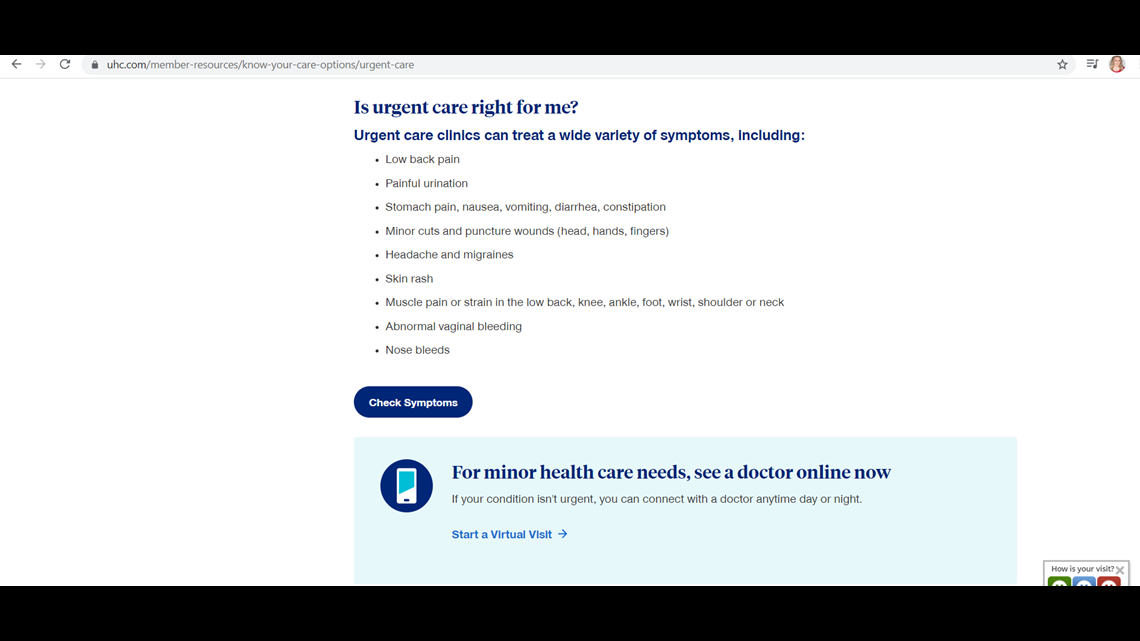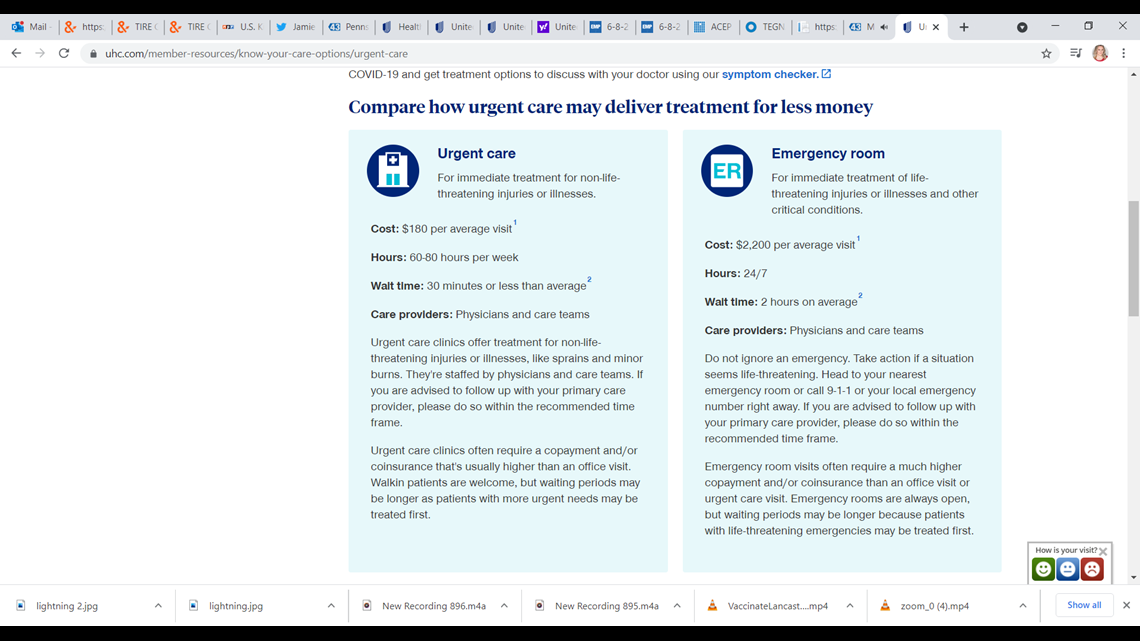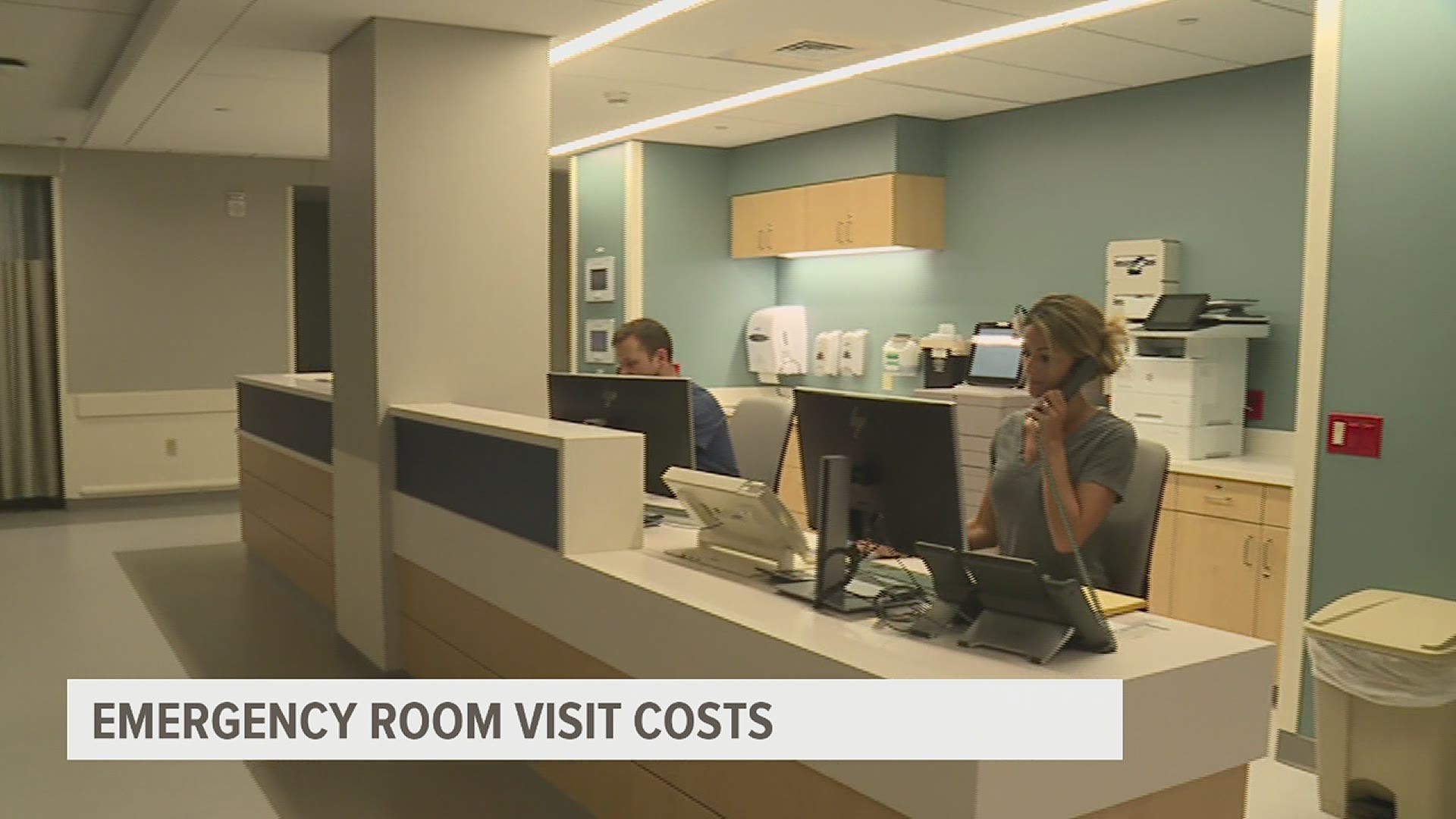UnitedHealthcare is delaying a new emergency room program shortly after the program faced strong criticism from a group of emergency room doctors who feared the policy could discourage people from seeking care.
The American College of Emergency Physicians (ACEP) said it 'strongly' condemns the policy that it said would retroactively deny emergency care claims. The ACEP added it "firmly believes that the new policy is in direct violation of the federal Prudent Layperson Standard, which requires insurance companies to provide coverage of emergency care based on the presenting symptoms that brought the patient to the emergency department, not the final diagnosis."
A UnitedHealthcare spokesperson told FOX43: "We have decided to delay this program. Based on feedback from our provider partners and discussions with medical societies, we have decided to delay the implementation of our emergency department policy until at least the end of the national public health emergency period. We will use this time to continue to educate consumers, customers and providers on the new policy and help ensure that people visit an appropriate site of service for non-emergency care needs."


The health insurance company breaks down the cost difference on its website between a typical urgent care and emergency room visit. Urgent care, which is encouraged for non-life threatening injuries or illnesses, costs around $180 an average per visit and has a 30 minute average wait time according to the health insurance's website. Emergency room visits in comparison, the site claims, cost an average of $2,200 per visit and have an average wait time of 2 hours.


Read more of the ACEP's statement on the policy:
According to the Centers for Disease Control and Prevention (CDC), only 3 percent of emergency visits are “nonurgent.” With 90 percent of symptoms overlapping between nonurgent and emergent conditions, in many instances, even physicians cannot know if a patient’s symptoms require emergency treatment without conducting a comprehensive medical examination. The Prudent Layperson Standard exists to protect patients for this very reason.
The timing of this new policy comes during a pivotal point in the nation’s efforts to combat COVID-19 and encourage vaccination. Throughout the pandemic, ACEP and other medical societies have been encouraging the public to not delay medical care, especially in case of an emergency. Scare tactics like this from insurance companies could severely undermine our collective efforts to get the virus under control.
The American College of Emergency Physicians (ACEP) is the national medical society representing emergency medicine. Through continuing education, research, public education and advocacy, ACEP advances emergency care on behalf of its 40,000 emergency physician members, and the more than 150 million Americans they treat on an annual basis. For more information, visit www.acep.org and www.emergencyphysicians.org.

